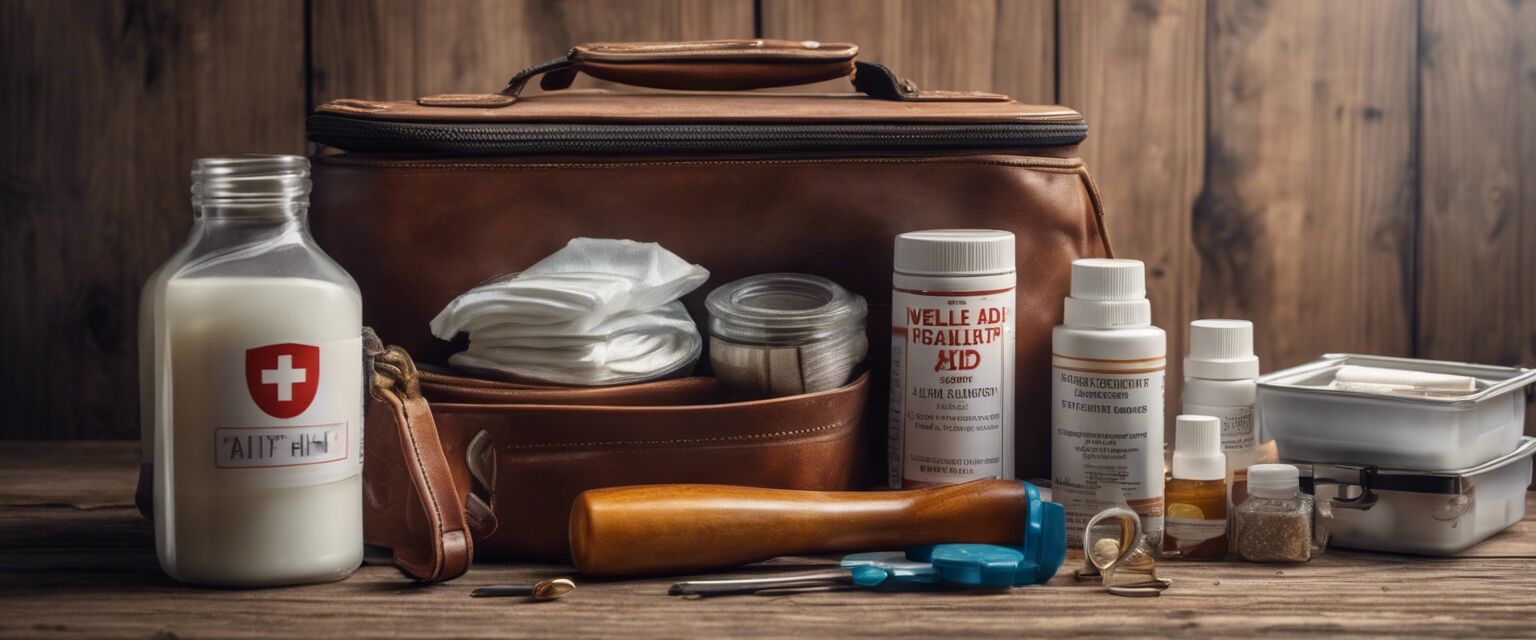
Preventive Care for Horses
Key Takeaways
- Regular veterinary check-ups are essential for horse wellness.
- Nutrition plays a crucial role in preventive care.
- Routine vaccinations and deworming are key components of health maintenance.
- Proper hoof care should not be overlooked.
- Exercise and mental stimulation contribute to overall well-being.
Taking preventive care of your horse is essential for maintaining their health and performance. This article will cover various tips, techniques, and schedules that you can implement to ensure your horse stays healthy and happy. From regular veterinary check-ups to proper nutrition and exercise, preventive care can significantly enhance your horse's quality of life.
Importance of preventive healthcare
Preventive healthcare for horses is crucial for various reasons:
- It helps in early detection of health issues.
- It reduces the risk of serious diseases.
- It promotes longevity and better performance.
Establishing a preventive care schedule
Creating a consistent preventive care schedule can help you stay on top of your horse's health needs. Below is a recommended schedule:
| Care Type | Frequency | Notes |
|---|---|---|
| Veterinary Check-Up | Annually | Includes vaccinations and dental check-up. |
| Deworming | Every 6 months | Consult with your vet for the right deworming schedule. |
| Hoof Care | Every 6-8 weeks | Regular trimming and shoeing as needed. |
| Nutrition Assessment | Annually | Review feed and supplements with a nutritionist. |
| Exercise Routine | Daily | Regular exercise keeps horses fit and healthy. |
Nutrition and dietary considerations
Proper nutrition is a cornerstone of preventive care. Here are some essential dietary considerations:
- Provide high-quality hay and pasture.
- Ensure access to fresh, clean water at all times.
- Consider adding supplements for vitamins and minerals if needed.
- Tailor feed to your horseâs age, weight, and activity level.

Vaccination and deworming
Vaccinations and deworming are vital components of your horse's healthcare:
Vaccination schedule
| Vaccine | Age | Frequency |
|---|---|---|
| Tetanus | 6 months | Every 1-2 years |
| Eastern/Western Equine Encephalomyelitis | 6 months | Annually |
| West Nile Virus | 6 months | Annually |
| Rabies | 6 months | Annually |
Deworming schedule
Consult your veterinarian for a tailored deworming schedule. Regular fecal testing can help determine the need for deworming.

Hoof care essentials
Proper hoof care is critical to your horse's overall health. Here are some essential tips:
- Schedule regular farrier visits.
- Keep hooves clean and free from debris.
- Inspect for signs of thrush or other hoof issues.
- Consider using hoof supplements to promote strong growth.
Exercise and mental stimulation
Regular exercise not only keeps your horse physically fit but also mentally stimulated. Consider the following:
- Incorporate varied activities such as riding, lunging, and groundwork.
- Provide opportunities for social interaction with other horses.
- Engage in trail riding or obstacle courses.

Conclusion
Preventive care is an ongoing commitment that pays off in the long run. By establishing a comprehensive preventive care routine for your horse, you can help ensure its health and well-being. Regular check-ups, proper nutrition, timely vaccinations, and consistent exercise are essential parts of this process. For more information on specific horse health topics, check out our other resources on equine nutrition, hoof care, and equine exercise and fitness.
Pros
- Promotes overall health and longevity.
- Prevents serious health issues.
- Enhances performance and behavior.
- Cost-effective in the long run.
Cons
- Requires time and commitment.
- Costs associated with veterinary visits and care products.
- May need adjustments based on individual horse needs.









